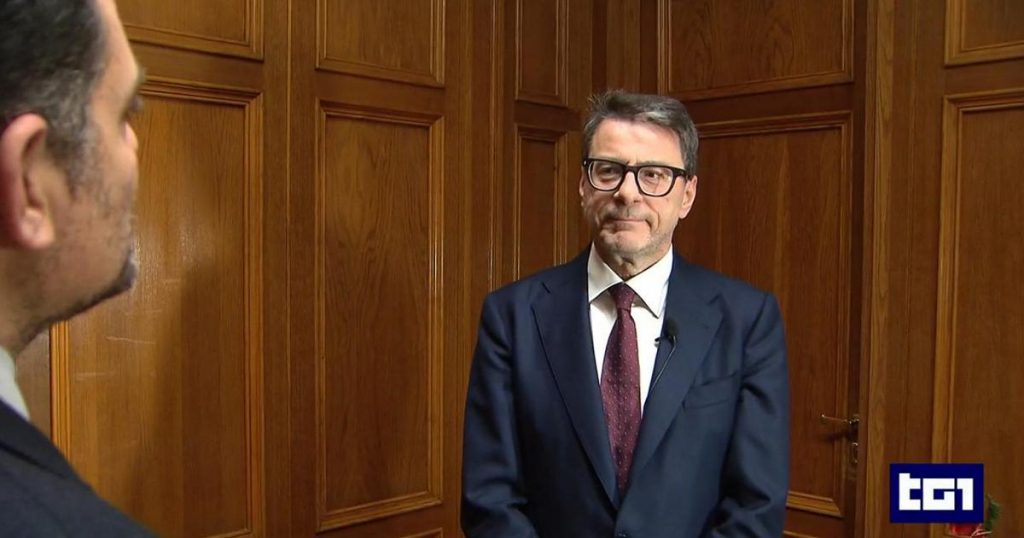The common thread among these first three budget laws signed by the Minister of Economy “is to cut unproductive public spending and waste, and with the proceeds help the most needy families, especially low to medium-income wage earners, who this year also have a further reduction in tax burden.” This was stated by Economy Minister Giancarlo Giorgetti on Tg1.
Giorgetti emphasized the focus on reducing public spending deemed unproductive in order to allocate resources towards supporting families in need, particularly low to medium-income workers. The goal is to provide relief through a reduction in tax burden, which is especially important for those struggling financially. By targeting areas of inefficiency and waste within the public sector, the government aims to redirect funds towards social welfare programs that benefit the most vulnerable members of society.
The Minister’s comments highlight a strategic approach to fiscal policy that prioritizes the well-being of working-class individuals and families. By addressing issues of inefficiency and waste in public spending, the government is able to reallocate resources towards initiatives that directly impact the lives of those in need. This targeted approach aims to support those who are most vulnerable while also promoting economic stability and growth.
Furthermore, Giorgetti’s statements underscore the government’s commitment to creating a more equitable and efficient tax system. By reducing the tax burden on low to medium-income wage earners, the government seeks to alleviate financial pressure on struggling families. This approach not only benefits those in need but also contributes to a more just and sustainable economic system that promotes social welfare and equality.
Overall, the Minister’s comments on the first three budget laws reflect a holistic strategy aimed at promoting economic growth and social welfare. By cutting unproductive public spending and reallocating resources towards supporting families in need, the government is working towards a more equitable and efficient fiscal policy. This targeted approach to reducing the tax burden on low to medium-income workers demonstrates a commitment to prioritizing the well-being of working-class individuals and promoting a more inclusive economy.


